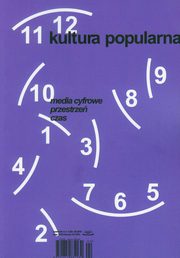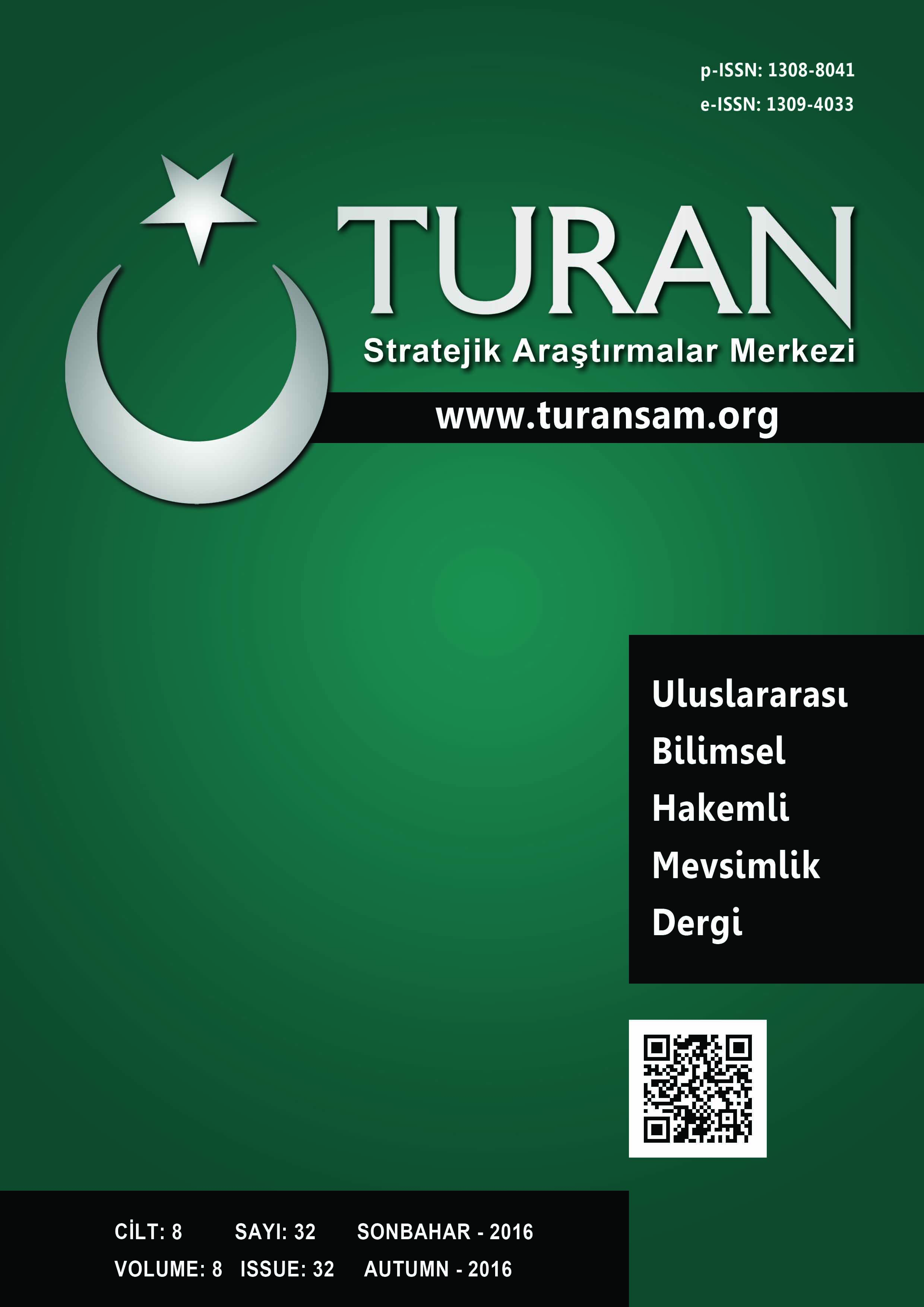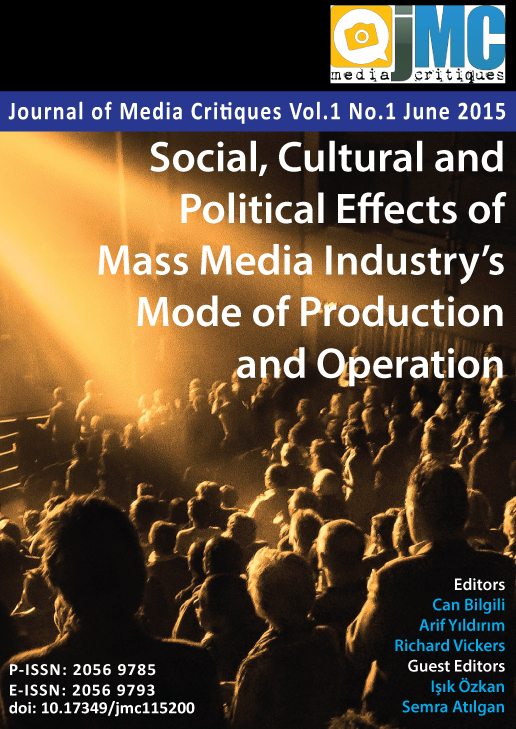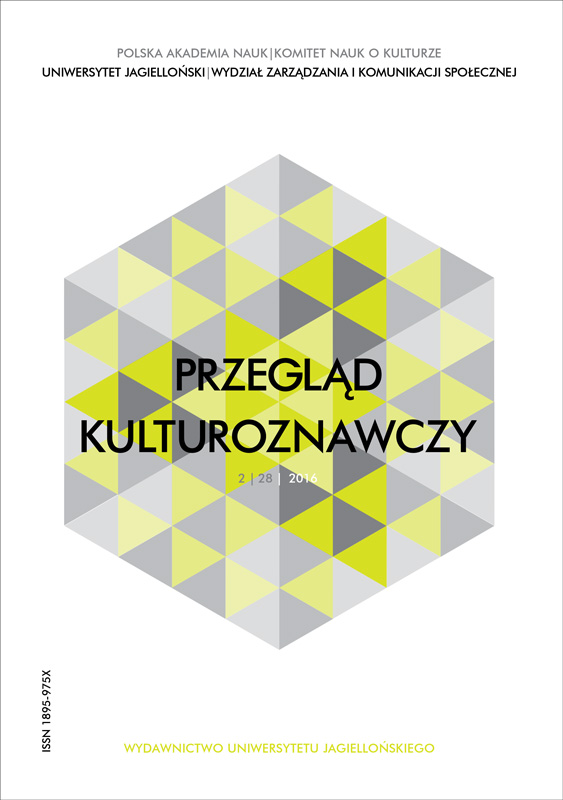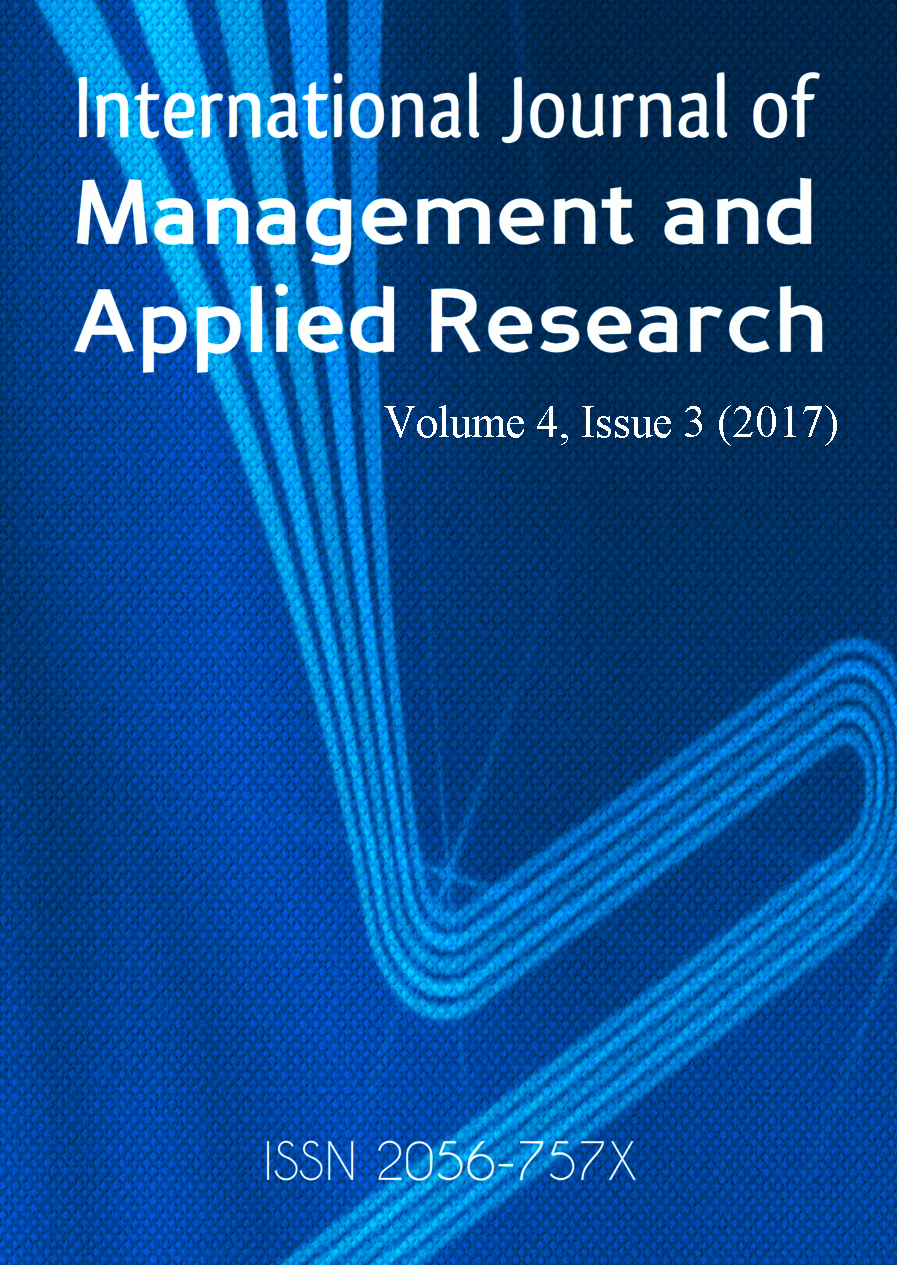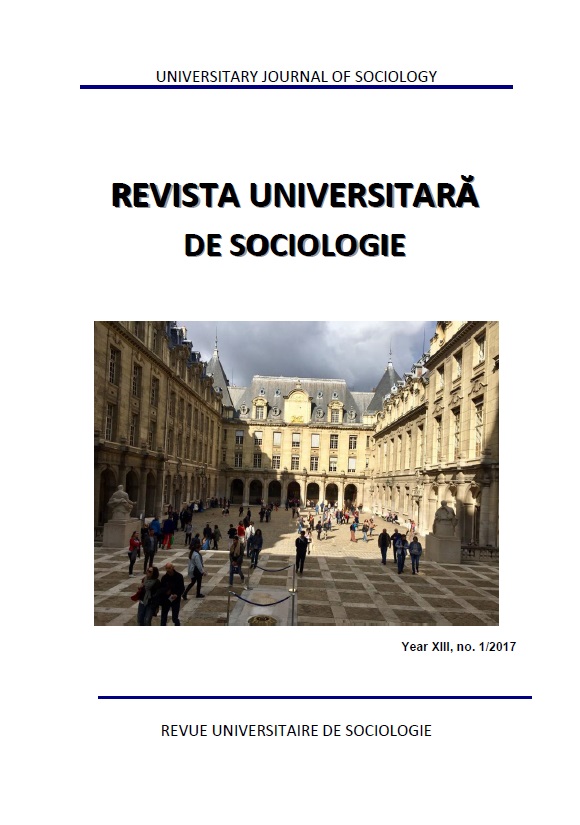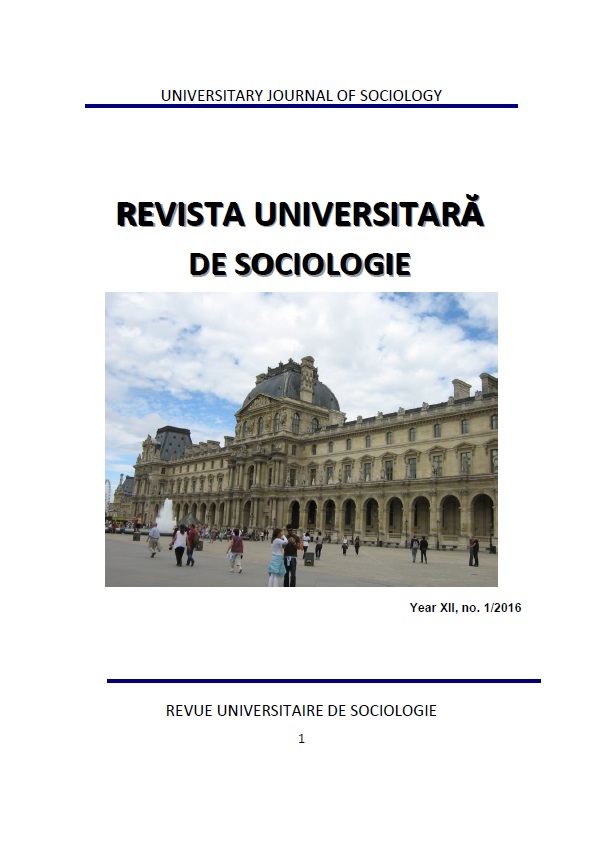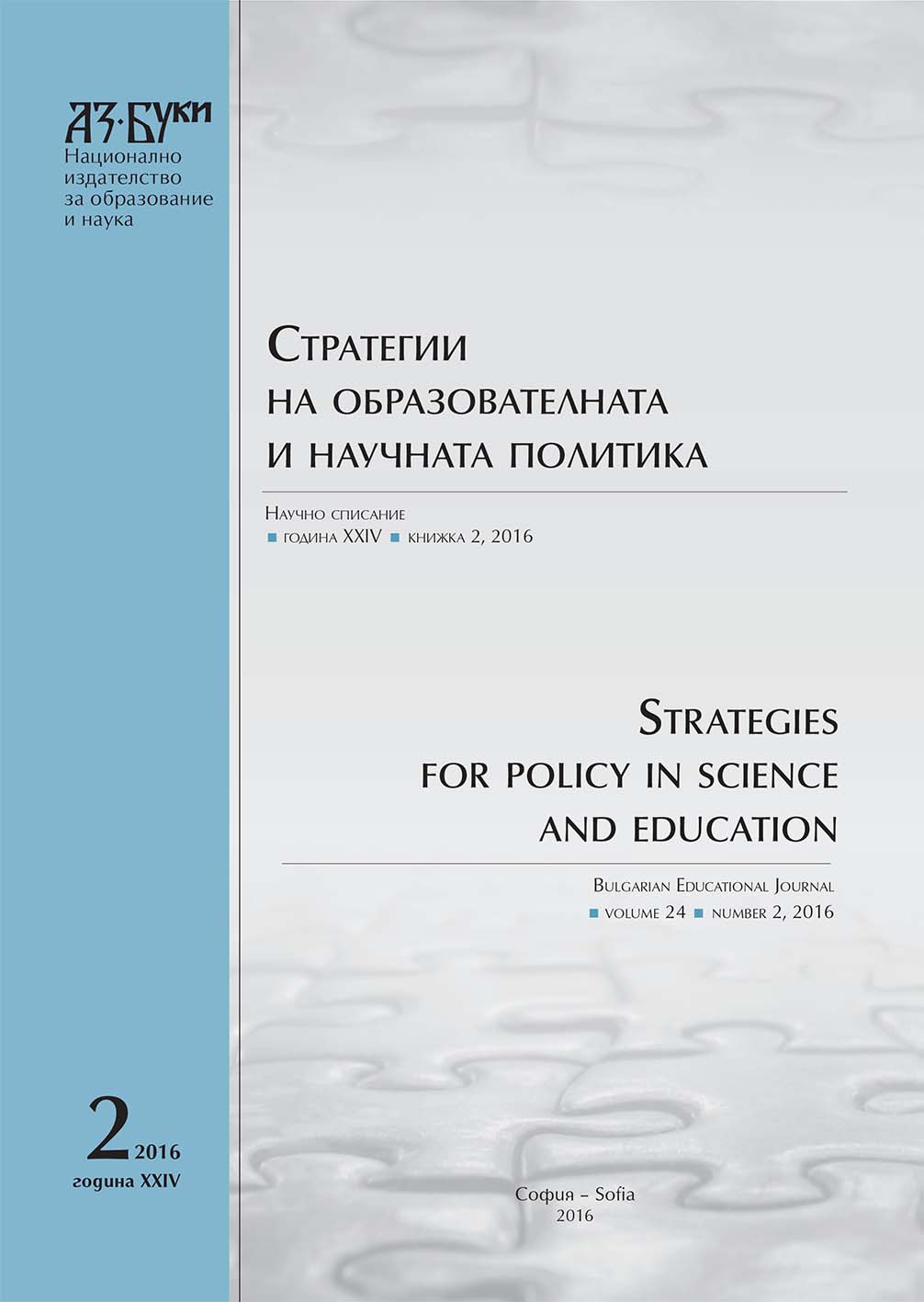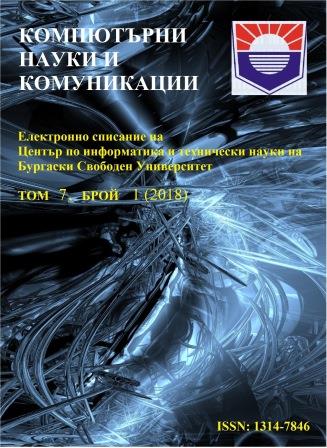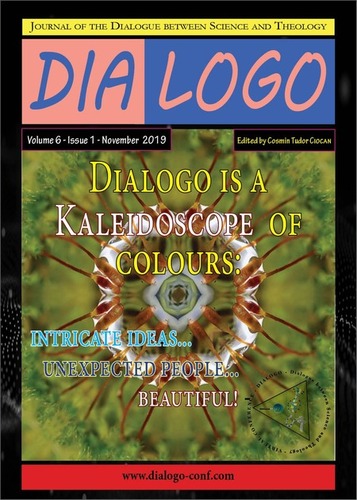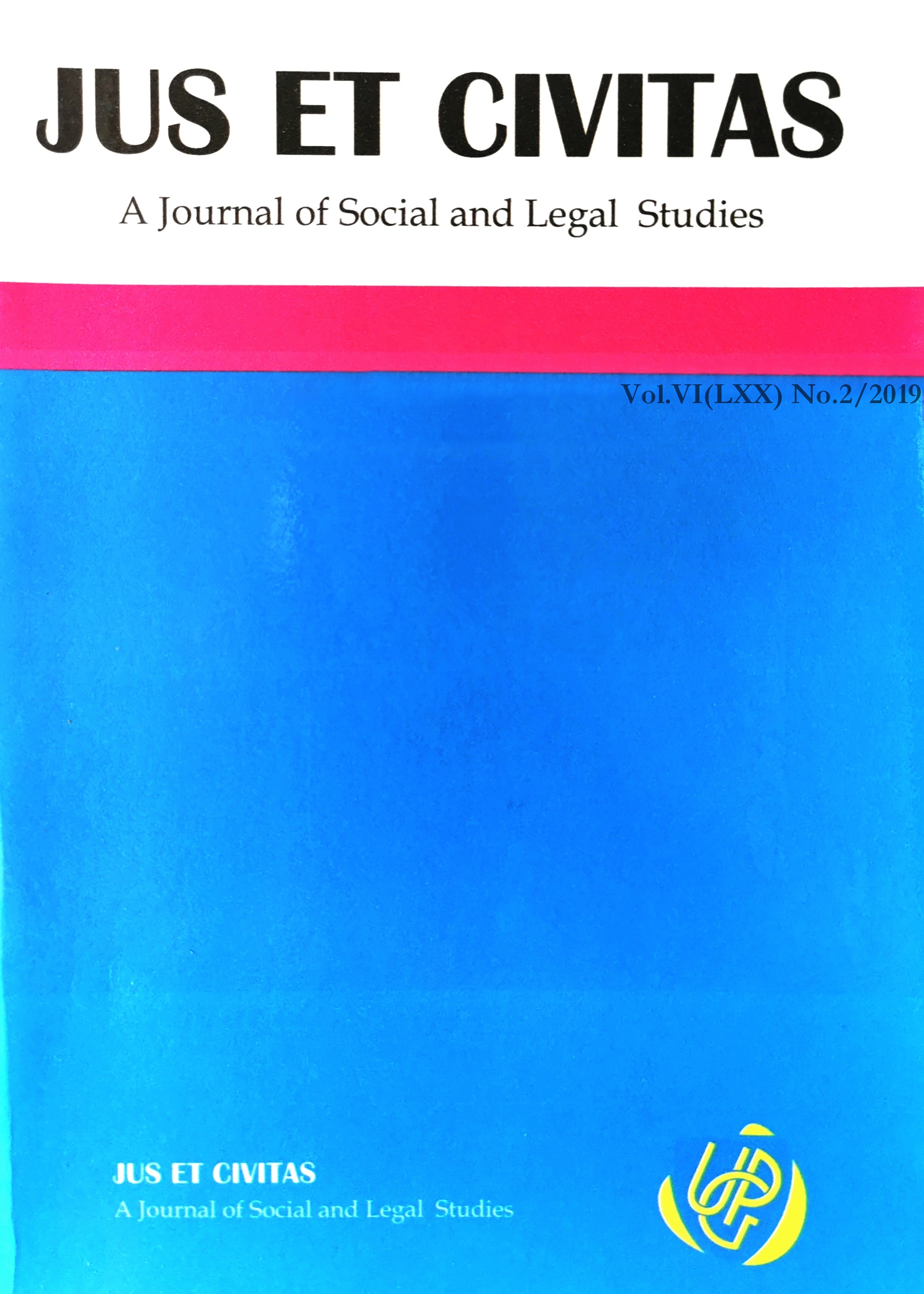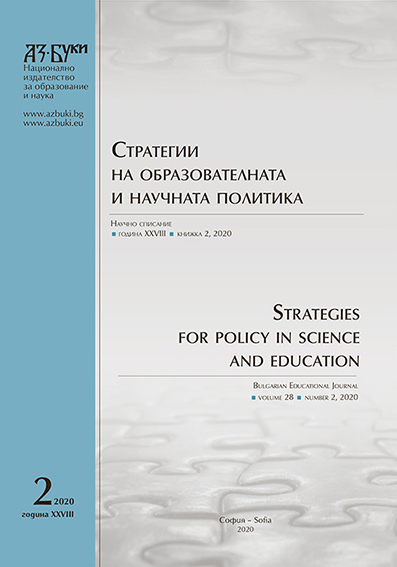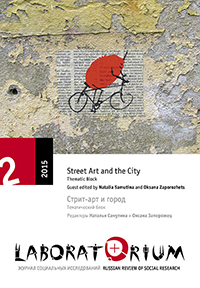
Социологическая экспедиция как исследовательская практика и форма обучения полевой работе
The concept of the “sociological expedition” implies various forms of collaborative empirical research, for which ethnographic fieldwork serves as the fundamental model. While this form of training students (“education through research”) is still relatively rare in Russia, in recent years its visibility has grown and its organizers have become more experienced. We were interested in finding out how, in each particular case, the idea of organizing such training retreats for students developed. What are the peculiarities and practical difficulties involved in conducting this kind of research and training? Finally, what role in the educational process should such research expeditions play? Participants in the discussion below note the importance of collaborative field research to students’ professional socialization and reflect about their own experiences of such trips, expressing regret that academic institutions still do not sufficiently support the practice.
More...
